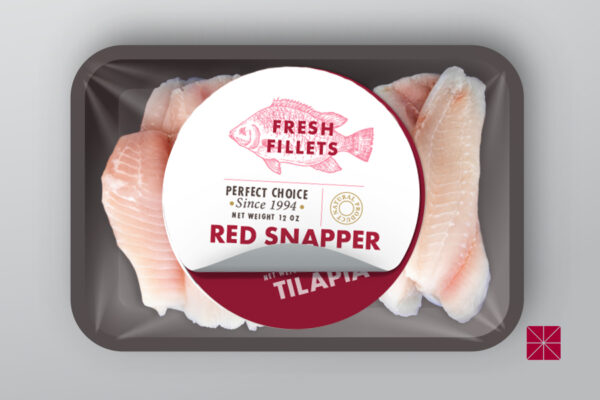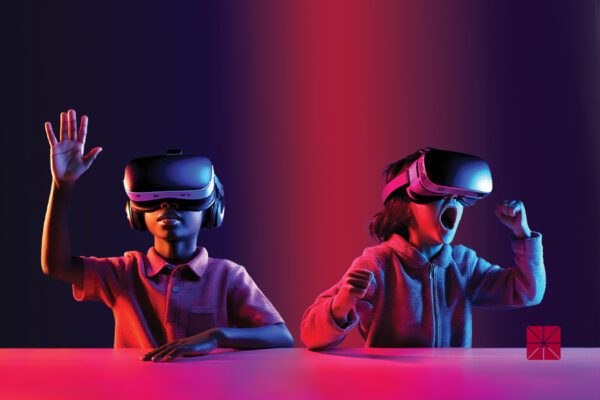Raw eggs were tossed from Hashinger Science Center and survived. Hand-made windmills captured the wind from house fans and moved small weights. Little cars powered by mousetraps zipped up wooden ramps.
And then some eggs burst, some windmills failed, and some mousetrap-powered cars never took off.
Oh, darn! But it was really okay because it’s the learning that comes from the process of trying and testing out an idea that was at the heart of MESA Day, a mathematics, engineering and science competition for high school students hosted Saturday, April 14, at Chapman University. Hundreds of tech-savvy students from throughout Southern California descended on the campus for the day-long event for a variety of competitions testing their engineering smarts and hand-made machinery. Perhaps the most famous MESA competition is the traditional egg drop, which challenges students to design a container that will protect a raw egg from a messy demise after plunging from a tall building.
It’s fun, but there’s also nothing quite like the MESA day experience for students, even if their particular creation doesn’t lift the most weight, successfully cradle an egg or win the race, said David Susuras, a physics, chemistry and engineering teacher from Vista del Lago High School in Moreno Valley.
“It’s real engineering and real science. It’s not like American Idol where someone says ‘You’re good.’ It’s all here,” Susuras said, holding a balsa-wood bridge that would have the strength of its design put to the test in a gizmo called the “Structural Stress Analyzer.”
The MESA Schools Program at Chapman University serves more than 1,000 local students and was recently honored for its work. It is co-sponsored by the Schmid College of Science and Technology and the College of Educational Studies.
Statewide, MESA has a long and successful history. Since its founding at UC Berkeley in 1970, MESA has encouraged students – especially those from under-served populations – to learn about math, science and engineering in new and exciting ways. MESA has a tradition of partnering middle and high-school students with colleges and universities in their communities and preparing those students for higher education.





Add comment